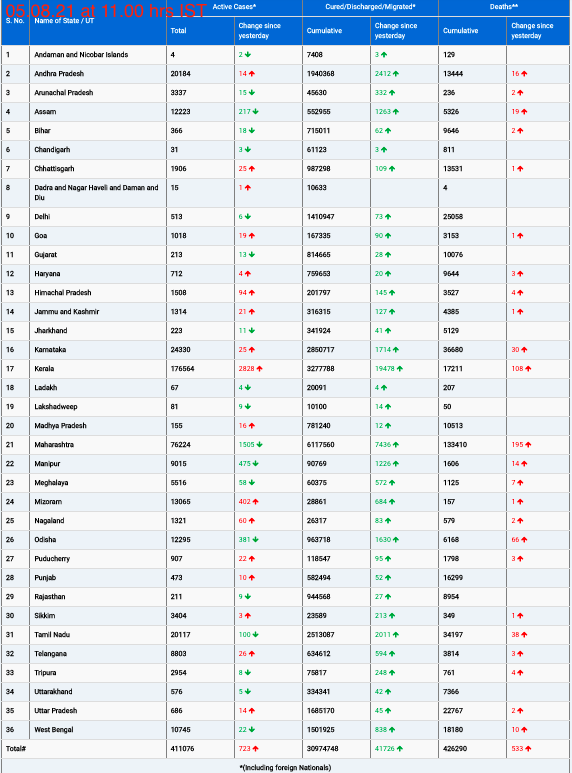Recent research underscores the powerful role plant-based diets can play in reducing the risk of certain cancers, especially those sensitive to lifestyle factors. While earlier dietary studies largely focused on comparing the Mediterranean and Western diets, emerging evidence points to the protective effects of diets emphasizing plant-based foods.
The Microbiome Connection
A landmark study published on January 6 in Nature Microbiology examined the microbiomes of over 21,500 individuals across various diets, including vegan, vegetarian, and omnivorous patterns. Researchers found that vegans and plant-forward omnivores harbored more beneficial microbes linked to reduced colon cancer risk and cardiometabolic health. This highlights the importance of dietary diversity over merely eliminating animal products.
Dr. Nigel Brockton, Vice President of Research at the American Institute for Cancer Research (AICR), emphasized that the science linking lifestyle factors to cancer risk has advanced significantly over the past decade. “The evidence is clear: dietary patterns rich in plants play a vital role in lowering cancer risk,” he noted.
Defining a Plant-Based Diet
Despite its benefits, the term “plant-based” remains broad. Experts agree it encompasses various diets, from vegetarian and vegan to those that prioritize plants over animal products. The AICR’s “New American Plate” model recommends filling at least two-thirds of the plate with vegetables, fruits, whole grains, and legumes, leaving a smaller portion for animal protein.
Dr. Anne McTiernan, an epidemiologist at Fred Hutch Cancer Center, clarified that “plant-based” does not necessitate cutting out meat entirely. “It’s about emphasizing high-quality plant foods while reducing refined carbs and saturated fats,” she said.
What the Research Shows
Studies increasingly demonstrate that plant-based diets are particularly protective against digestive cancers, such as those of the colon, stomach, and pancreas. A 2023 meta-analysis of 22 cohort studies revealed that adhering to plant-based diets reduced cancer risk by 12%, with even greater reductions for specific cancers like pancreatic (32%) and digestive system cancers (18%).
Researchers attribute these benefits to several mechanisms, including reduced inflammation, lower calorie density, and higher fiber intake. Plant-based diets also minimize consumption of red and processed meats, which have been linked to colorectal and breast cancers due to inflammatory compounds and other harmful elements.
Food Quality Matters
Not all plant-based diets are equally beneficial. Edward Giovannucci, MD, of Harvard T.H. Chan School of Public Health, cautioned against diets high in refined plant-based foods, such as sugary snacks or processed grains. “A healthy plant-based diet prioritizes whole grains, fruits, vegetables, nuts, and legumes while minimizing refined carbohydrates and processed foods,” he explained.
Advising Patients on Plant-Based Eating
For healthcare providers, guiding patients toward plant-based eating can seem daunting given time constraints. Experts recommend incremental changes, such as adding more vegetables to meals or choosing whole grains over refined options.
Dr. Elizabeth Platz from Johns Hopkins suggested simple strategies, like halving meat portions and increasing servings of leafy greens or berries. “These diets are aspirational,” she said. “Small, sustainable shifts can lead to meaningful improvements over time.”
The Road Ahead
As research continues, plant-based diets are increasingly recognized not only for reducing cancer risk but also for promoting overall health. By embracing a diet rich in diverse, unprocessed plant foods, individuals can take a proactive step toward reducing their cancer risk and enhancing their well-being.
For more information on adopting plant-based diets, visit the AICR website or consult a registered dietitian.












